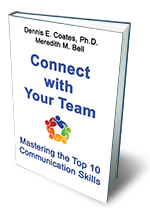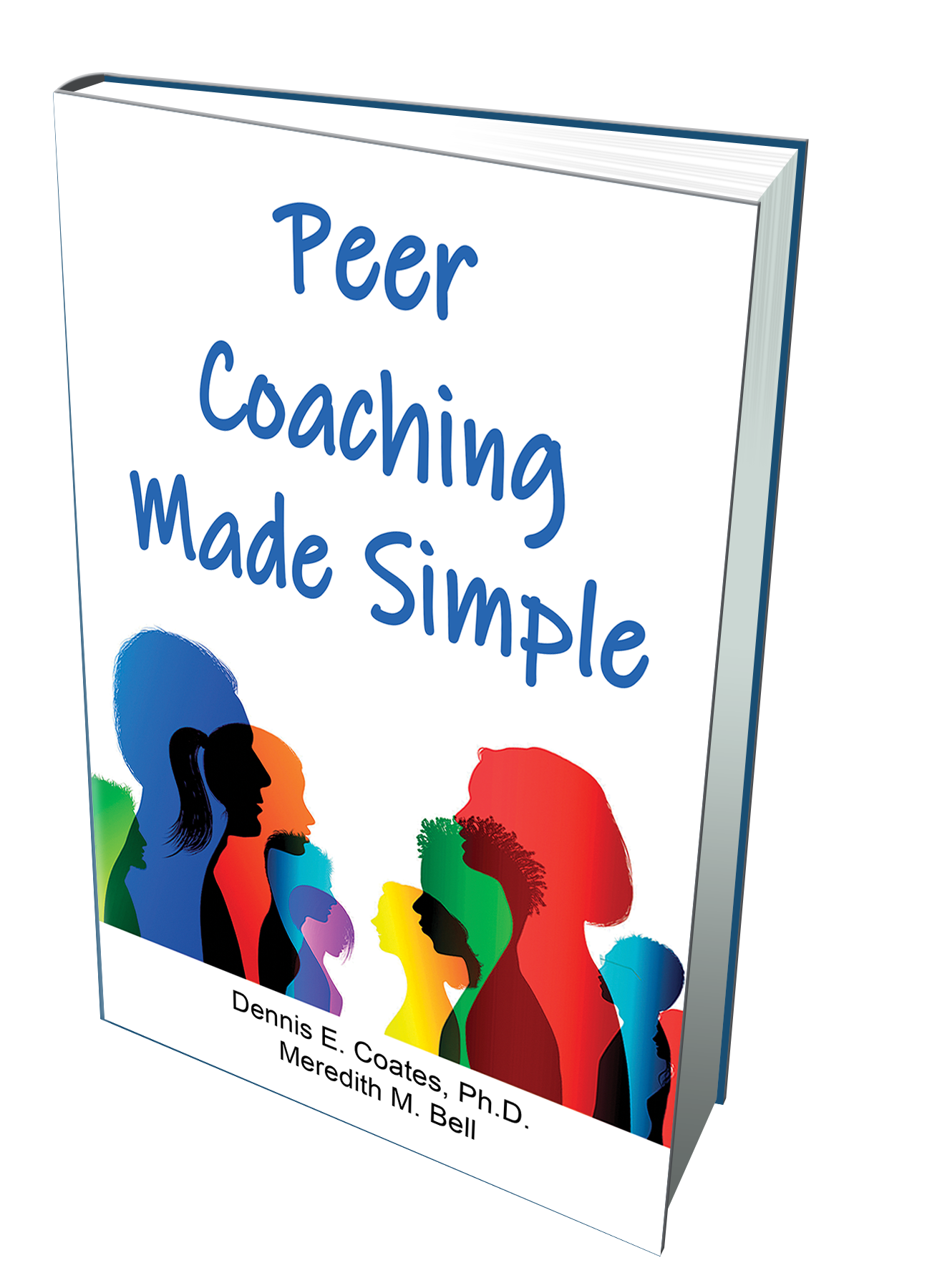
282: Creating the Conditions That Allow Others to Be Creative and Thrive
282: Creating the Conditions That Allow Others to Be Creative and Thrive
It’s not easy to make the transition from high-performing individual contributor to manager in an advertising agency (or in any industry, for that matter). TJ Bennett knows that first-hand because he was promoted to leadership roles with no advance preparation…and no training once he was in the position. In this episode, TJ shares lessons he learned along the way and the three primary areas he helps his coaching clients with.
TJ is the creative who helps creatives get creative with their career. Often beclad in cat-themed and/or Snoopy gear, TJ is pretty easy to spot in a crowd. Once you find him, you’ll discover that his love for felines and cartoon beagles is matched by a mildly unhealthy obsession with making work not suck. He spends his days listening intently to clients, helping them uncover insights that spark life-altering possibilities.
And he spends his nights dreaming of the same thing, except everyone is dressed like clowns and he forgot to wear pants for some reason. Rest assured he will never show up to a session sans trousers and will always show up with a fresh perspective that makes you think about work a little differently.
TJ is the Founder of The Pudding Factory, where he serves as coach, creative problem solver, and writer. He’s the host of an excellent podcast, Desuckify Work.
You’ll discover:
- How leaders can create themselves in order to help others be creative
- What agency is and ways to develop it
- Actions leaders can take to help their team members become autonomous
- Ways to create accountability up, across, and down
- The importance of values and purpose in helping people find meaning in their work













